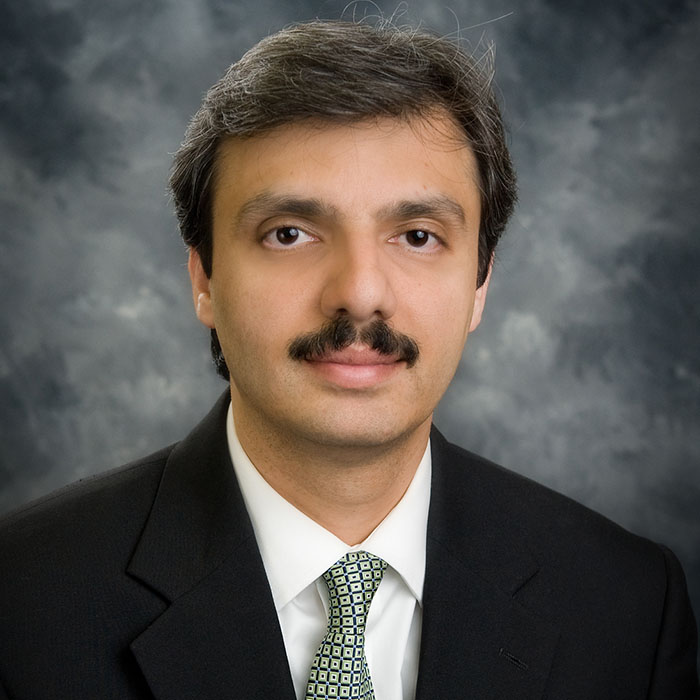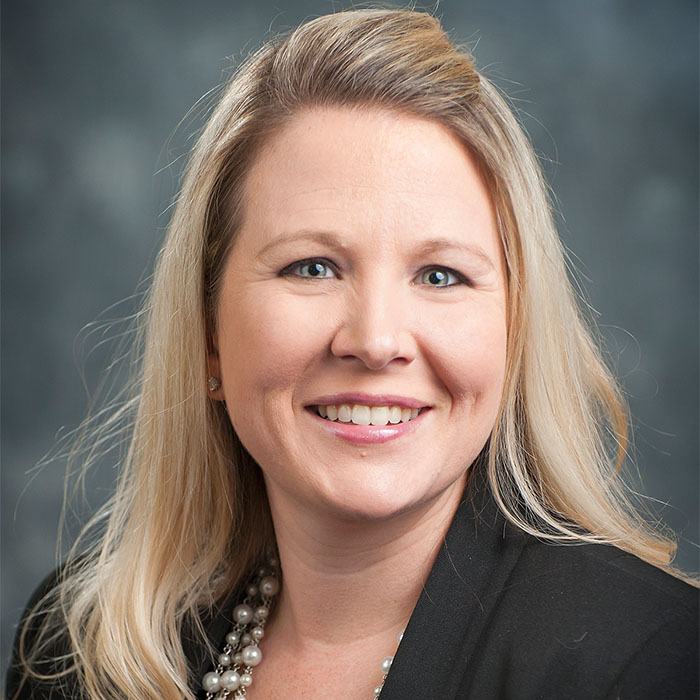Screening and Prevention
You wouldn’t wait to take your car in for service until the “check engine” light is on. So, why wait until you feel sick or pain to schedule an appointment with your doctor? Cancer screening tests are crucial in detecting cancers early, when they are most easily treated.
Mammograms
Breast cancer is the second most common cancer in women after skin cancer. The earlier breast cancer is detected, the better the outcome of treatment. One way to detect breast cancer is through mammograms.
A mammogram is an X-ray picture of the breast. Our doctors use mammograms to look for irregularities and early signs of breast cancers. We provide both 2-D and 3-D mammography technology at our Women’s Center.
Current guidelines suggest that women 40 years and older, should have an annual screening mammogram. However, family history, new lumps, tenderness, or changes in skin or nipple may warrant earlier screenings.
Visit our Women’s Center page for more information about breast cancer and mammograms.
Pap Tests
A Pap test, also called a Pap smear, is a screening procedure for cervical cancer in women.
A Pap test involves collecting cells from the cervix — the lower, narrow end of the uterus located at the top of the vagina.
Detecting cervical cancer early with a Pap test gives you a greater chance at a cure as well as detects changes of the cervical cells that may become cancerous in the future.
Colonoscopies
Excluding skin cancers, colorectal cancer is the third most common cancer diagnosed in both men and women in the United States. The best way to screen for colorectal cancer is through colonoscopies.
A colonoscopy is an exam that allows your provider to look inside your rectum and colon using a tool called a colonoscope.
Being told you should get a colonoscopy can bring up a lot of emotions — fear, anxiety, uncertainty. Educating yourself about colon cancer and colonoscopies can help alleviate some of these feelings.
Learn more by visiting our Colonoscopy page.
Prostate Exams
Prostate cancer is the most common cancer among men (after skin cancer), but can often be treated successfully.
Your doctor may use a digital rectal exam (DRE) to check for prostate cancer or issues with the prostate. For this test, your doctor will gently insert a lubricated, gloved finger into your rectum to examine the prostate for irregularities in size, shape and texture.
Lung Cancer Screenings
In the United States, lung cancer is the leading cause of death from cancer. Fortunately, if lung cancer is found at an earlier stage, when it’s small and before it’s spread, it is more likely to be treated successfully.
To test for lung cancer, your doctor will ask about your medical history as well as family history and if you are or were ever a smoker. They may then use X-rays, a computed tomography (CT) scan, a magnetic resonance imaging (MRI) scan or another scan to show an image of your chest and lungs.
Other Common Screenings
Breast, cervical, colon, prostate and lung cancer are the most common types of cancer. However, at the Stormont Vail Health, we treat all forms of cancer. We also offer screening for:
- Ovarian
- Pancreatic
- Testicular
- Thyroid
- Bladder
- Oral
- And various types of skin cancer
Prevention
You can reduce your risk of getting cancer by making healthy lifestyle choices. These include:
- Don’t us tobacco: Using any type of tobacco increases your risk of developing lung, mouth, throat, larynx, pancreas, bladder, cervix and kidney cancer. Avoiding tobacco — or deciding to stop using it — is an important part of cancer prevention.
- Eat a healthy diet: While making healthy mealtime decisions can’t guarantee cancer prevention, it might help reduce your risk. Eat plenty of fruits and vegetables, maintain a healthy weight, drink alcohol in moderation and limit processed meats.
- Protect yourself from the sun: Skin cancer is one of the most common kinds of cancer. Prevent it by avoiding midday sun, covering exposed areas, using sunscreen regularly and avoiding tanning beds.
- Get regular medical care: Regular self-exams and screenings can increase your chances of discovering cancer early, when it’s most treatable.
Cancer won’t wait, and neither should you. Talk to your doctor today if you have any concerns or worries about cancer or the tests used to screen for cancer.
We Together: A Communication of Stormont Vail Health (Oct 25, 2022)

Dear Community Partners, Here are today’s updates: Moran Tours Takes Building Blocks II Stormont Vail Team Recognized at Washburn Homecoming Brad Cutting, Cotton O’Neil Clinic Wamego Named “Best” September Person of the Moment: Judy Hamilton Low Dose CT Lung Screening Event on Nov. 12 Current Status at Stormont Vail Health Sen. Moran Tours Building Blocks…
We Together: A Communication of Stormont Vail Health (Sept 29, 2022)

Dear Community Partners, Here are today’s updates: October is Breast Cancer Awareness Month “To Your Health” on WIBW-TV Tonight: The Importance of Mammograms Talk Shop With a Doc – A Conversation with Dr. Casey Whale October is Breast Cancer Awareness Month Stormont Vail Health is involved in a number of initiatives to recognize Breast Cancer…






